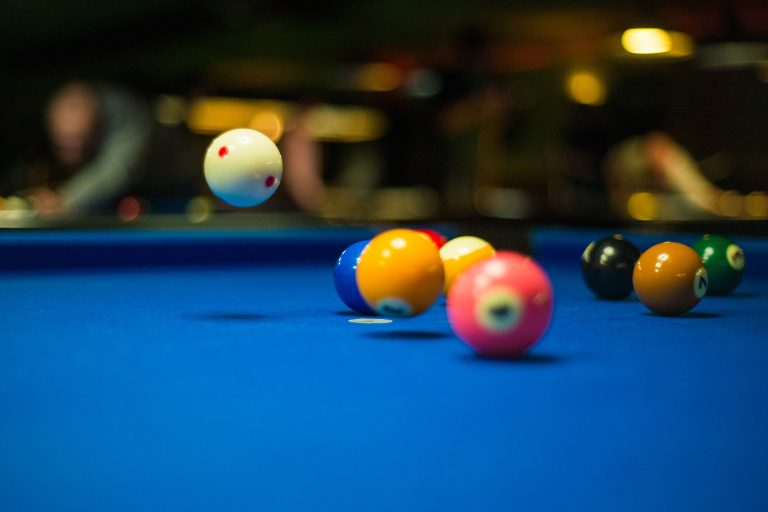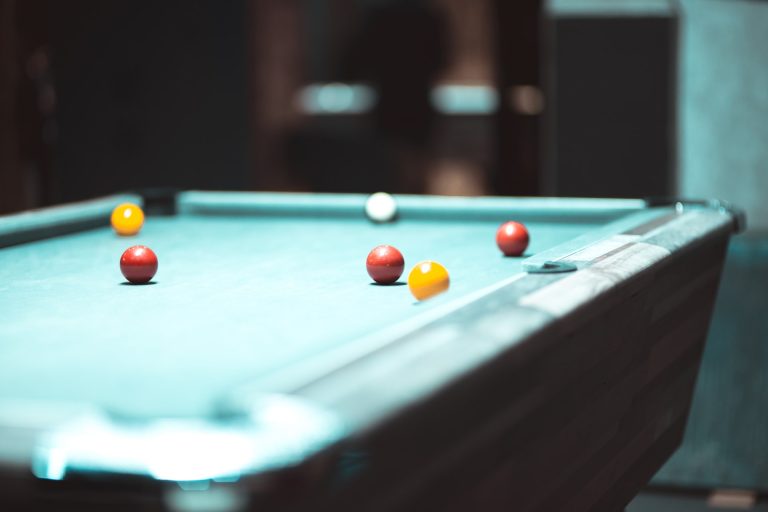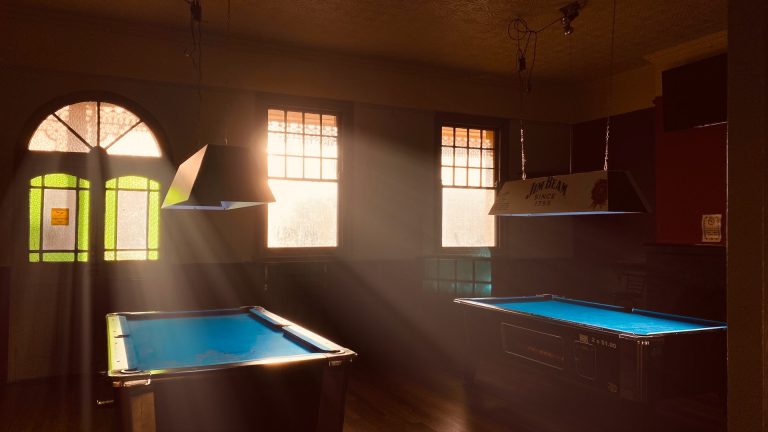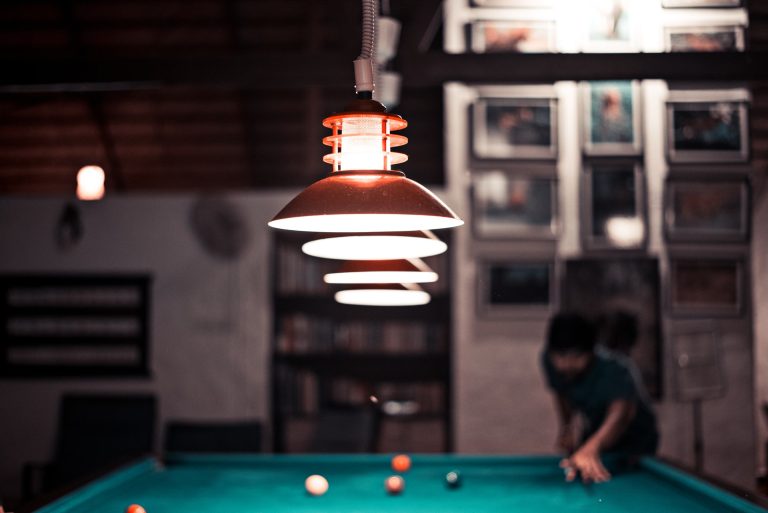What Pool Cue Weight Should You Use?
Are you ready to take your pool game to the next level? Selecting the right cue weight is essential for improving your accuracy and precision. In this blog post, we’ll explore what factors go into choosing a pool cue weight and provide tips on how to find the perfect fit for you.
We’ll look at important considerations such as body type, playing style, shot control, and more so that you can make an informed decision when it comes time to buy your own pool stick!
Whether it’s your first time looking for a cue or you’re just trying to switch up your existing setup, this guide will give you all the information needed in order to select the right cue weight that fits best with your unique game. So let’s get started!
What Pool Cue Weight Should You Use?
From the name itself, you can guess that this cue is a bit heavy compared to other types of pool cues. However, they are made specifically for those who need heavier and bigger tips, such as jump cues or break cues.
Sturdy handles are attached in order to have better control on your shots, because when you have all that weight in one hand you need something to balance it out.
The tip on these kinds of cues tend to be thicker which creates more friction between the cue ball and the object ball which increases the amount of power behind each shot. So if your game requires more power then I would suggest using a heavier pool cue.
These pool cues also come with their own benefits as well though; they smooth out the hits with the balls which adds a nice spin to your shots and when you are playing jump cues, they transfer energy better allowing for harder and more accurate jumps.
So if I were to give advice it would be that heavier pool cues can help you elevate your game as long as you know how to use them correctly.
How Do You Choose the Weight of a Cue?
Think about your game. Where are you being asked to make a shot of less than 15 yards, but more than 5 yards?
This is often the area where people struggle with their cue weights. Some cues are suited for fast break shots and others for straight pool; some work well in 8-ball and other types of games.
Your best bet is to try out several cues from different manufacturers until you find one that fits your specific needs.
For instance, if every time you’re required to shoot a short shot, or “bridge” into another ball, it can become difficult to get proper english on your stroke.
The heavier the cue weight, the harder it will be to execute an effective bridge. That doesn’t mean you have to go with the lightest option available, however.
There are a lot of things that factor into choosing the weight of a cue, including shot selection and personal preference.
Is a Heavier Break Cue Better?
The most common misconception about break cues is that they are supposed to be heavier than regular playing shafts. However, the actual weight of a cue has nothing to do with how effective it is at breaking balls.
In fact, being too heavy can make it more difficult for players to move the cue properly and may even cause tense muscles in your wrist and forearms during play.
In order to get the best results from your break shot, you’ll want to use a shaft that gives you the right amount of power without feeling like it’s putting too much stress on your arm.
The ideal tip size will vary depending on factors like your personal preference and table conditions, but many players opt for between 12mm-16mm tips as this can be a good balance between controlled power and overall shot control.
If you’re still unsure about what kind of break cue to use, talk with your local pool hall or pro shop to get some more advice on choosing the right shaft for your game.
With the right features and materials, you can make sure that every time you step up to the table it’s going to feel like a well-rounded combination of power and precision: just what you need when it comes down to sinking balls!
Read: Change the weight of cue
What Weight Cue Does Efren Reyes Use?
Efren Reyes is a highly accomplished professional pool player, and one of the most skilled players in the history of the sport.
He has won dozens of tournaments and been ranked as one of the top players in the world for many years. Due to his skill and expertise on the table, he is known for using a number of different weight cues during games.
One of the things that makes Efren Reyes so successful is his ability to focus on each shot individually and pay attention to every detail. This requires him to have excellent hand-eye coordination, as well as a very quick reaction time.
To help improve both these skills, he uses heavy weight cues when playing. The heavier weight cue helps him stay more focused on each shot, and increases his reaction time.
The weight cue that Efren Reyes uses is also typically much longer than other cues, which helps him to add more power to each shot. This allows him to have more control over the ball, even at a distance.
Additionally, he often uses tips with low friction to help him get more spin on the balls when shooting. Overall, these factors make Efren Reyes one of the most skilled professional pool players in the world today.
As you can see, there are many different factors that go into making an excellent pool player like Efren Reyes successful.
Conclusion
When it comes to choosing a pool cue weight, there is no single answer that fits everyone. The best way to choose the right weight for you is to experiment with different weights and see what feels comfortable. Ultimately, the weight of your cue is a matter of personal preference.
If you are still unsure about what weight to use, ask a friend or professional for advice. Thank you for reading! I hope this article was helpful in choosing the right pool cue weight for you.

I’m Maverick and I love playing pool games with my friends. I found myself struggling for proper guidance playing this game and selecting good quality equipment for it. I, then, decided to create this blog to guide pool enthusiasts to get right information and start enjoying their game.


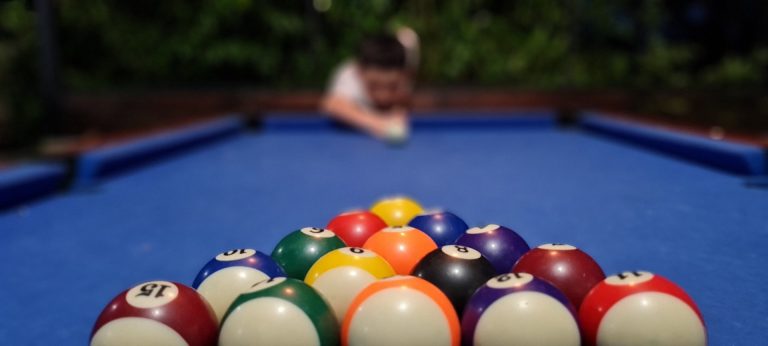
![How To Grip A Pool Cue? [Follow These Tips]](https://poolcuechamp.com/wp-content/uploads/2022/04/billiards-4895507_1920-768x512.jpg)
